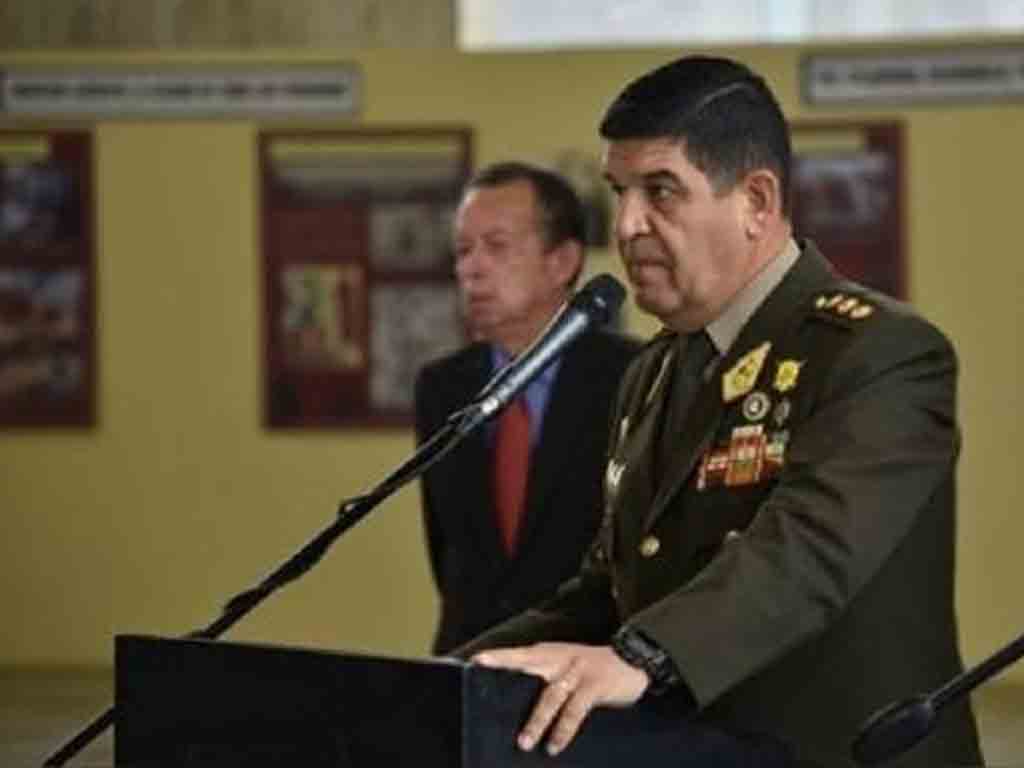In statements to reporters, the high military chief pointed out that “the forces of order have to reopen all our roads to the free movement of citizens.”
Regarding the sending of troops and armored cars to the South Andean region of Puno, the main stronghold of the protests, he said that they arrive “to complete the troops and fulfill the task” of unblocking the roads.
Asked about how he will manage to clear the blocked roads, which the Police have not been able to do, the military chief replied that it will consist on “talking to the people, convincing the people, explaining to the people and proceeding”, without further details.
He refrained from saying how long the unlocking will take and, regarding the situation in Puno, he said that events such as the burning of police stations have occurred there and there is a worrying outlook.
Extreme right-wing congressmen demand almost daily the Armed Forces, which have remained in the background with limited interventions, enter fully to impose order.
The Superintendence of Land Transport (Sutran) reported in its daily report that 88 roadblocks have been registered in 31 provinces and the Ombudsman’s Office reported concentrations and marches in five provinces and strikes in another five.
New blockades today closed the important Central Highway, which connects Lima with the Central Andean and Central Amazonian regions that supply the Peruvian capital with vegetables and fruits.
The protests demand the resignation of President Dina Boluarte, prompt general elections and a referendum on the possible calling of a constituent assembly.
In its two waves, the demonstrations of discontent accumulate a total of 46 deaths from firearms impacts, a policeman lynched and 10 civilian deaths.
Congresswoman Sigrid Bazán lamented the fact that the demands of peaceful protests are not met and the claimants have to resort to force and have to die to be heard.
ef/jha/mrs









